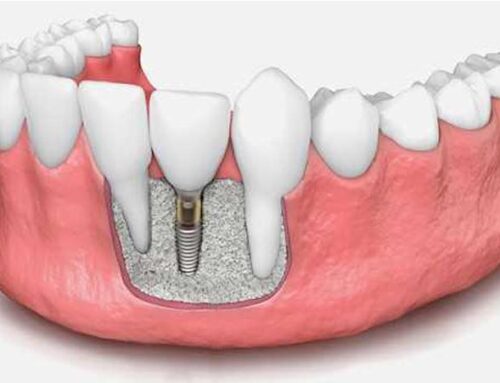
Dental Implants: Frequently Asked Questions Answered
It’s easy to take everyday things like biting into an apple or enjoying your favorite meal for granted—until missing teeth make those simple actions difficult or even painful. Suddenly, you begin to realize just how essential a complete, healthy smile truly is.
Fortunately, modern dentistry offers advanced solutions for tooth loss, and one of the most effective options available today is dental implants. This innovative treatment has transformed the lives of countless patients, restoring both function and confidence.
If you’re considering your options for tooth replacement, dental implants may be the long-term solution you’ve been searching for. Below, we’ve answered some of the most frequently asked questions to help you decide if implants are right for you.
What exactly is a dental implant?
A dental implant is a small titanium post that is surgically placed into the jawbone, acting as an artificial tooth root. Once healed, it supports a crown, bridge, or denture, providing a strong, stable, and natural-looking restoration.
A dental implant by itself is not a tooth! A dental implant is a prosthesis used to replace missing teeth. Essentially, it is a small titanium post/fixture that is inserted into the jawbone, on top of which a single crown, a fixed bridge, a partial denture, or full denture can be attached. Once the implant integrates to your bone, a structure called an abutment is connected to the implant and then the artificial tooth/teeth are attached. Therefore, there are 3 parts to an “implant tooth”: the dental implant itself, the abutment, and the artificial tooth.
Are dental implants safe?
Yes. Dental implants have been used for decades and are one of the safest and most predictable procedures in modern dentistry. With proper care, they can last many years—often a lifetime.
Who is a good candidate for dental implants?
Most healthy adults between the ages of 18 and 90 with missing teeth are candidates for implants. You’ll need sufficient bone density and healthy gums. If there are issues like bone loss or gum disease, those can often be addressed prior to implant placement. A small percentage of people who’ve had significant bone loss may require a bone graft before the treatment. This increases bone volume, strengthening the bone and giving the implants a secure anchor.
Is the procedure painful?
Most patients report minimal discomfort during and after the procedure, often comparing it to a tooth extraction or having a cavity filled. Local anesthesia and sedation options help ensure a comfortable experience. After the implant post is placed, a temporary crown or bridge is placed until healing is complete.
How long is the recovery time?
Healing times vary, but many patients return to normal activities within a day or two. The full integration of the implant with the jawbone (a process called osseointegration) typically takes a few months.
How do dental implants compare to other tooth replacement options?
Unlike dentures or bridges, implants are fixed in place and do not rely on neighboring teeth for support. They feel, function, and look just like natural teeth—making them a preferred choice for many patients.
Real Patient Stories: Life After Dental Implants
“I struggled with missing teeth for years and avoided smiling in photos. Getting dental implants completely changed my life. I can eat what I want, speak clearly, and most importantly, smile with confidence again.”
“The process was much easier than I expected. Dr. White and the team explained every step and made me feel comfortable throughout. I only wish I had done it sooner.”
Is a Healthier Smile in Your Future?
If you’re ready to regain comfort, function, and confidence in your smile, dental implants could be the perfect solution. At Newnan Implant, we specialize in restoring smiles with expert care and personalized treatment plans.
Schedule your consultation today to find out if dental implants are right for you—and take the first step toward a smile you’ll be proud to share.












